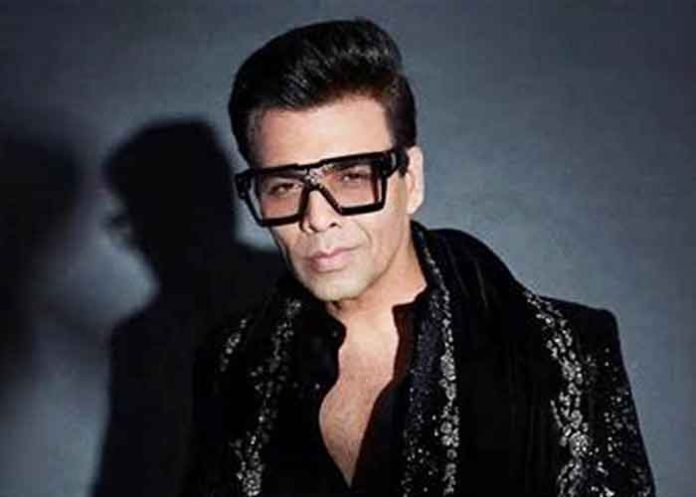
The reduced budget proposal for next year passed the parliament with only the main opposition Democratic Party of Korea (DPK)'s approval during the Special Budget Settlement Committee session held at the National Assembly in Seoul, Friday. Yonhap PPP demands apology from DPK for unilateral passage; DPK leader signals possibility of budget negotiations By Anna J. Park Political tensions in parliament are expected to intensify this week, as rival parties clashed over the weekend following the Democratic Party of Korea's (DPK) unilateral passage of next year’s government budget proposal on Friday.
Ahead of plenary sessions slated on Monday and Wednesday, the ruling People Power Party (PPP) sharply criticized the main opposition, accusing the DPK of exploiting its parliamentary majority to push through a reduced budget bill alongside retaliatory impeachment proposals. The PPP argued these moves are designed to shield DPK leader Lee Jae-myung amid his ongoing legal battles. DPK floor leader Park Chan-dae defended the party's unilateral decision to pass the reduced budget proposal for next year, saying that the party had "no choice but to submit the reduced budget proposal to the plenary session by Dec.

2, which is the legal deadline.” "The DPK has continued its deliberations on the budget bill under the principle of preventing tax cuts for the ultra-wealthy and significantly reducing special activity budgets allocated for power institutions. However, no agreement was reached with the ruling party, while the Ministry of Economy and Finance refused to consent to any budget increases,” Park said, explaining the party's decision to approve the budget proposal at the budget committee unilaterally.
Democratic Party of Korea (DPK) floor leader Park Chan-dae, second from left, speaks during a press conference held at the National Assembly in Seoul, Sunday. Yonhap The DPK passed the budget proposal reflecting only reductions during Friday's Special Budget Settlement Committee session at the National Assembly in Seoul. The budget proposal amounts to 673.
3 trillion won ($482 billion), 4.1 trillion won less than the government’s. It includes cuts to the special activity budgets of the presidential office and the National Security Office, as well as specific operational and special activity expenses for the prosecution and the Board of Audit and Inspection of Korea.
This marks the first time in the history of Korea’s constitutional governance that a budget bill was processed without bipartisan agreement in the budget committee. Democratic Party of Korea (DPK) leader Lee Jae-myung, left, smiles during a meeting with Lee Cheol-woo, governor of North Gyeongsang Province, at Gyeongsangbuk-do Provincial Government in Andong City, North Gyeongsang Province, Sunday. Courtesy of Gyeongsangbuk-do Government DPK leader Lee Jae-myung signaled the possibility of bipartisan budget negotiations during a meeting with North Gyeongsang Province Gov.
Lee Cheol-woo on Sunday. The discussion arose as Gov. Lee requested support for increasing funding for the 2025 APEC summit, which is set to be hosted in Gyeongju next year.
The DPK leader responded, “I will look into it,” suggesting a willingness to engage in future discussions on the budget between the ruling and opposition parties. “The government’s unilateral inclusion of unnecessary special activity funds led to the passage of the reduced budget proposal. If the government submits a revised proposal, we are ready to negotiate afterward,” Lee said during the meeting.
Regarding Gov. Lee's question about whether Monday is the deadline, the DPK chief replied that “there's always a way, if sincere negotiations are possible.” Later, the party’s chief secretary clarified to reporters that the party is open to discussions if the government or others submit a revised proposal.
People Power Party floor leader Choo Kyung-ho, center, speaks during a press conference held at the National Assembly in Seoul, Sunday. Yonhap Meanwhile, PPP floor leader Choo Kyung-ho called for an apology from the main opposition party over the unilateral passage of next year’s budget proposal. In a press briefing on Sunday, Choo harshly criticized the move as “unprecedented in constitutional history, a reckless act.
” "The PPP strongly urges the DPK to apologize to the public, the government and the ruling party for the unilateral budget approval, and immediately retract the reduced budget," Choo said, adding that the opposition's budget cuts would exacerbate the public’s suffering and create gaps in public safety, making timely responses to disasters and emergencies more difficult. He labeled the opposition's move as an abuse of the budget review process solely for political gain, calling it a “budget atrocity” and “legislative violence" aimed at intimidating the government and ruling party. Choo emphasized that unless the DPK apologizes and retracts the reduced budget proposal, the ruling party will not engage in any further negotiations on the budget.
He warned that if the budget cuts lead to issues in public welfare, safety, foreign affairs or disaster response, the DPK would bear full responsibility for the consequences of their rushed approval. Choo acknowledged the potential difficulties ahead if the reduced budget bill passes the parliament by its legal deadline at Monday's plenary session. But he assured the party would minimize any negative impact and ensure thorough preparation for next year’s budget through close coordination with the government.
The presidential office also denounced the DPK's unprecedented move, urging the main opposition party to withdraw its unilateral handling of the budget reduction proposal. "With its reduced budget proposal without making any necessary increases, DPK has made the government's proactive responses to external challenges and uncertainties more difficult. The rapid changes anticipated in the trade environment following the upcoming inauguration of the new U.
S. administration (early next year) will be more difficult to address, and there will inevitably be setbacks in strengthening the competitiveness of advanced industries such as semiconductors, where global competition is intensifying," Jeong Hye-jeon, spokesperson for the presidential office, said Sunday afternoon. She added, "If unilateral budget cuts by the opposition party result in issues in public welfare, security and diplomacy, causing harm to the citizens, the full responsibility will lie with the opposition DPK.
".











